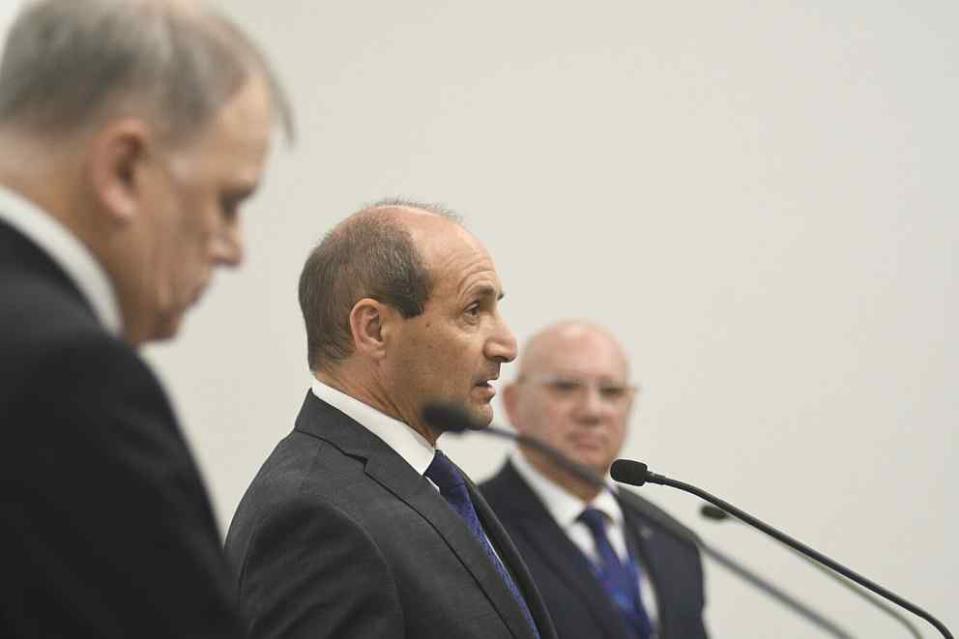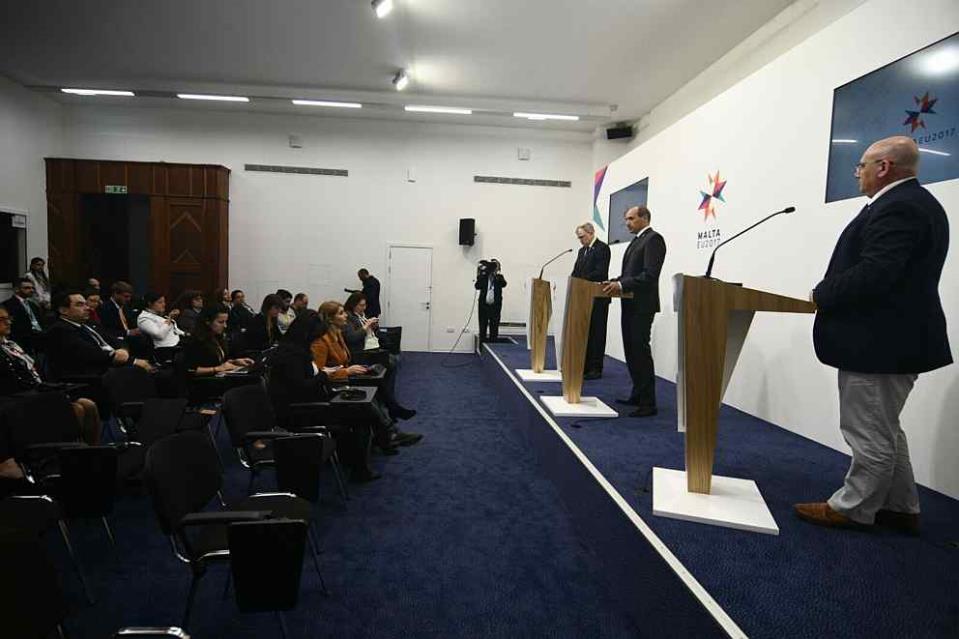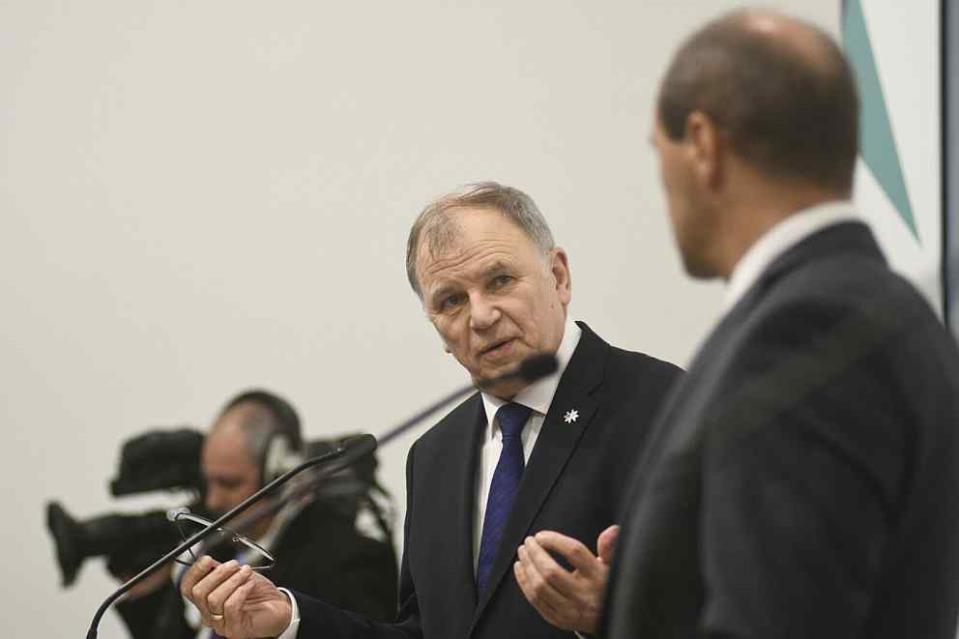Once Article 50 of the Treaty of the Functioning of the European Union is triggered by UK leader Theresa May, a process will start to have the European Medicines Agency moved from the UK to another EU member state.
Malta, this evening officially launched its bid to have the EMA based here in Malta.
The European Medicines Agency was established in 1995 and is currently serving 500 million people across the EU. It has a budget of over 300 million each year.
The issue with hosting EMA is the space, Minister for Health explained during the launch. Some 26,450 square metres are needed with over 30,000 hotel nights per year.
It was explained that the project consist of an investment of €50 million over a space of 30,000 square metres.
Consumer Affairs Minister Helena Dalli said that Malta would be a suitable place to host such an entity. Yesterday, the Prime Minister asked the Malta Medicines Authority to go in full force and bid to have the EMA based in Malta.
Health Minister Chris Fearne said that thousands of employees and families will be able to benefit from the free healthcare, including free medicines for chronic diseases. ”We are in process of constructing new hospital for patients and medical tourists”, he said Malta offers more than professional medical care, but free education and free child care which serve as added value for the package. “Maltese people spend 90% of their life time in good health and we have the lowest rates of preventable mortality in the EU. “
The government is considering a number of options where to set up this agency, ideally buildings which are already built with significant renovation.
The other 26 EU member states have all presented their bid.

Malta to host EU roundtable on healthcare
In a separate event, Mr Fearne announced that Malta will be hosting a round table meeting for all the health ministers in the 28 EU member states. This important event, which will discuss among other things, the issues of expensive medicines in Europe, will be held on 9 May this year.
Minister Fearne made this announcement during a press conference which was held following a jam-packed day of meetings during an informal meeting held between the EU member states and the European Commissioner for Health Vytenis Andriukaitis. Mr Fearne explained that various topics were discussed in the meeting. On top of the Maltese agenda, is the issue of child obesity. The minister said that the EU is in need of a good success story when it comes to dealing with this problem. “We need to be better at implementing our policies. The reintroduction of the Mediterranean diet in our daily use was one step forward”, he added.
Minister Fearne said that schools need to be recognised as the first step in the educational campaign for better healthy living.
The meetings also discussed HIV and AIDs treatment. They agreed on the 2020 targets, to have 90% of HIV patients treated. He said the EU is close in achieving these goals but more needs to be done. The ultimate aim is to eliminate HIV and AIDs from Europe. HIV medicine being expensive can be one major obstacle, he explained.

“We looked into the prices of medicines in Europe and there is a need for more transparency. That is why we are organising this roundtable event and we want pharmaceutical companies to participate.
EU commissioner for Health, Vytenis Andriukaitis said that the meetings showed that the Maltese Presidency is committed to deal with very difficult issues such as HIV. “We discussed an action plan on child obesity and agreed that more action is needed. Availability of healthy food is a solution to consider. But we need to join forces between the Ministers of education and Ministers for health to find a solution.”
Over 800,000 people in the EU need life-long treatment of HIV, he explained while 5.5 million individuals in the EU suffer from Hepatitis C. “HIV affects all EU countries and poses serious challenges. We need to reach out to the poorest and homeless to tackle this issue.”

The EU Commissioner said that the EU needs to launch a joint action to help prevent HIV and Tuberculosis, among others. Medicines, he insisted, need to be at a social acceptable cost.
Asked about Brexit, the Commissioner said the EU did its homework on the matter and will act quickly on priorities regarding patient safety and movement and conditions of professionals, transition from London to other member states.
Minister Fearne then explained that the EU is working on regional initiatives to help in tackle the problem of high priced medicines in the continent. There are also discussions on the procurement guidelines for tuck-shops in schools.